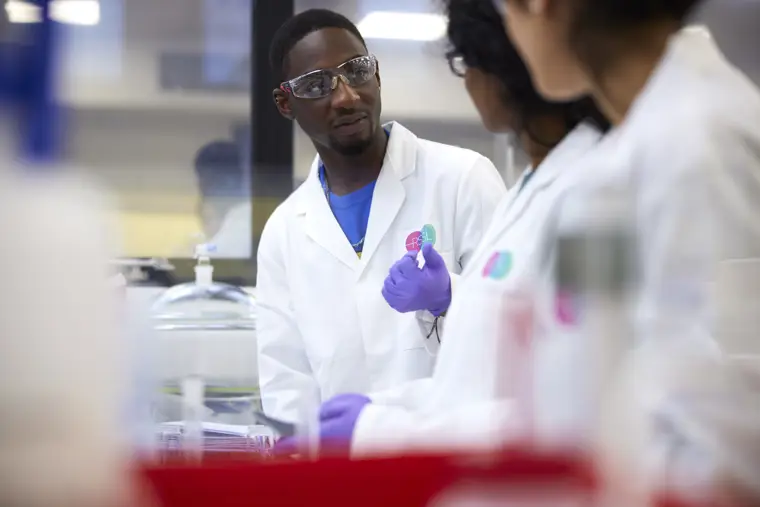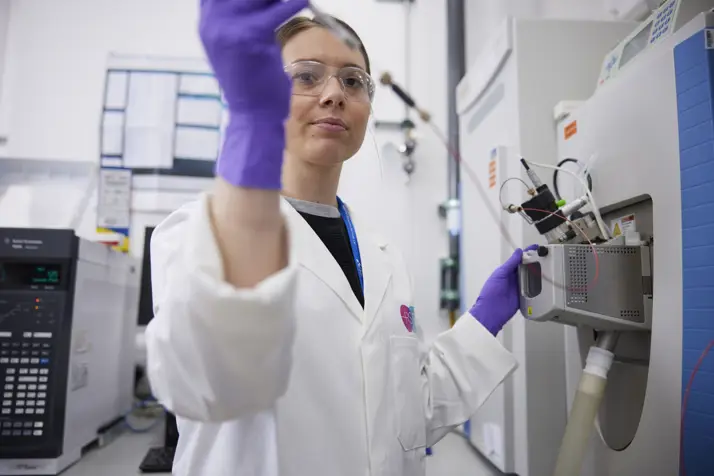
The compendial methods included two raw materials which had not previously been tested at RSSL. However, the scientists were familiar with several comparable raw materials and had vast experience of the analytical techniques/general chapters of the pharmacopoeias involved, making them well positioned to deal with this project.
The client had a tight time frame as once verification was complete, they would be ready to begin routine testing. This proved challenging as the client supplied the proprietary name of one of the raw materials as opposed to the international non-proprietary name (INN).
The verification of test methods is the assessment of whether the procedure can be used in a laboratory for its intended purpose, under the actual conditions of use for either a specified drug substance, excipient or drug product matrix. The purpose of verifying compendial methods is to evaluate the analytical procedure performance characteristics (APPC), as a way of proving that the laboratory has the capability of conducting the analyses in support of release testing. RSSL ensured the verification complied with Ph. Eur. (1.1.2.4) and USP <1226>.

The parameters for the verification were approved by the client in signed protocols prior to work being conducted. The analysis which included loss on drying, specific optical rotation and Fourier-transform infrared spectroscopy (FT-IR) for one material to EP as well as chloride and copper ID testing to USP for another, was undertaken as per the monographs of the specific pharmacopoeia, with the raw material analysed as per the agreement with the client.
The analysis was performed in three replicates by a single analyst on the same day with a relative standard deviation (RSD) of less than 2%, which will evaluate the precision (repeatability). Following this, a verification report was composed and approved by the client.
Throughout the project, the client required regular updates when individual tasks had been completed. This communication also included notifications of RSSL re-aligning workload in line with the changing priorities of the client.
Within a short timescale, RSSL verified compendial methods in five different analyses for both Ph. Eur. and USP. This was just four weeks from the receipt of the raw materials on site to completion of the verification reports. Upon receipt of the final reports, the client approved the findings and has continued to send the recently verified materials for routine testing.
Throughout this project, RSSL combined expert capabilities, agility and high customer standards to not only verify compendial methods not currently undertaken, but to deliver results within a restricted time frame.